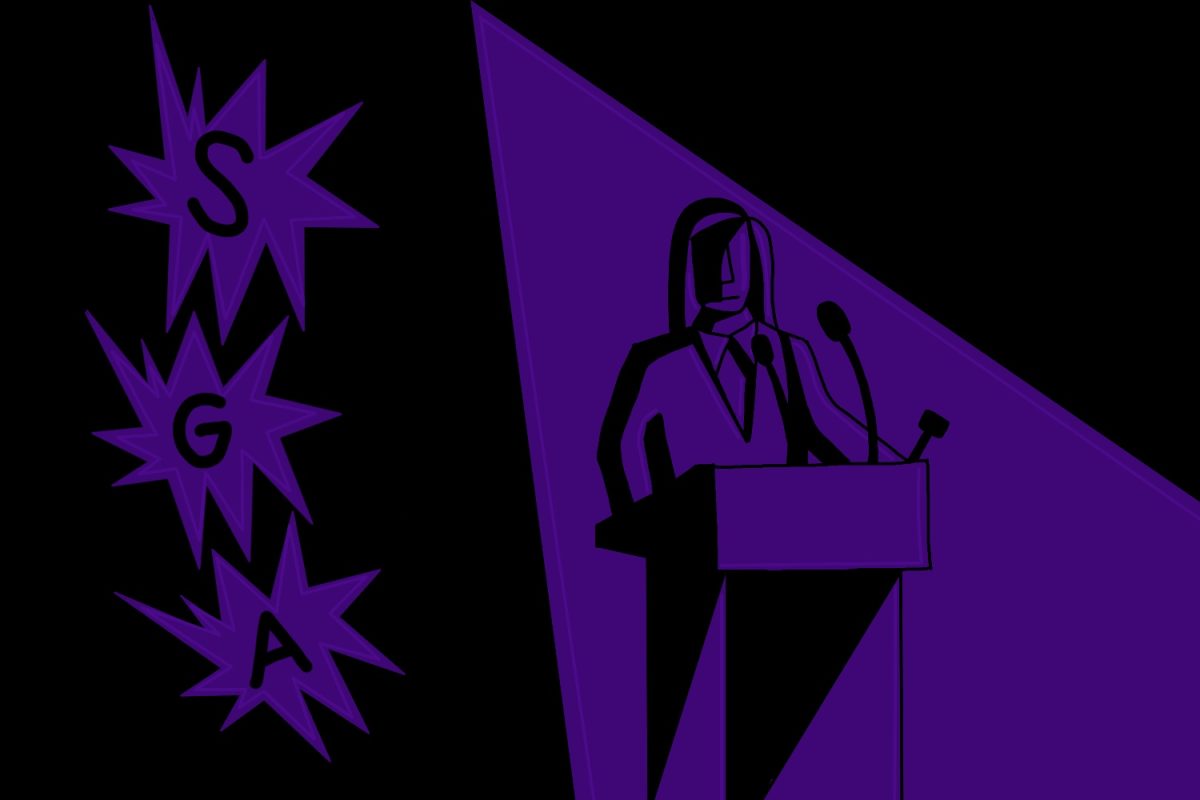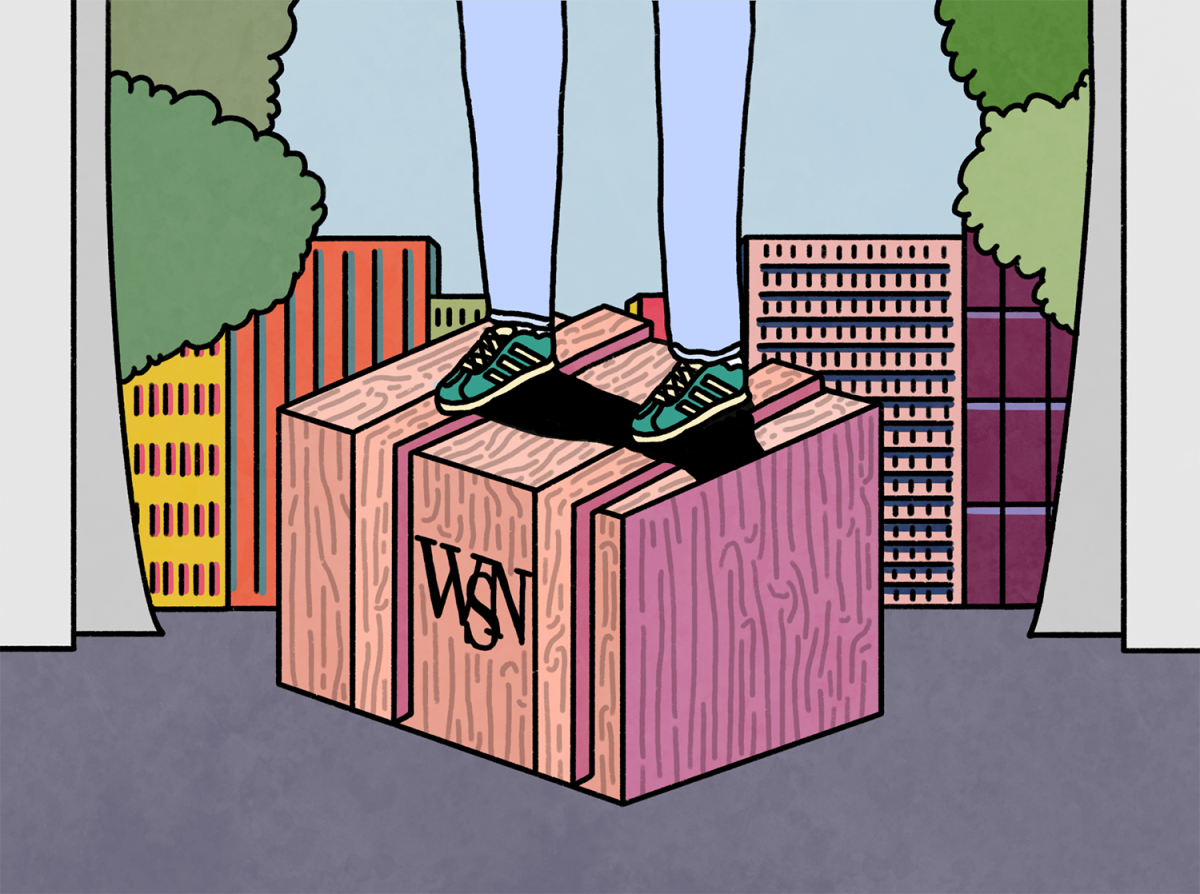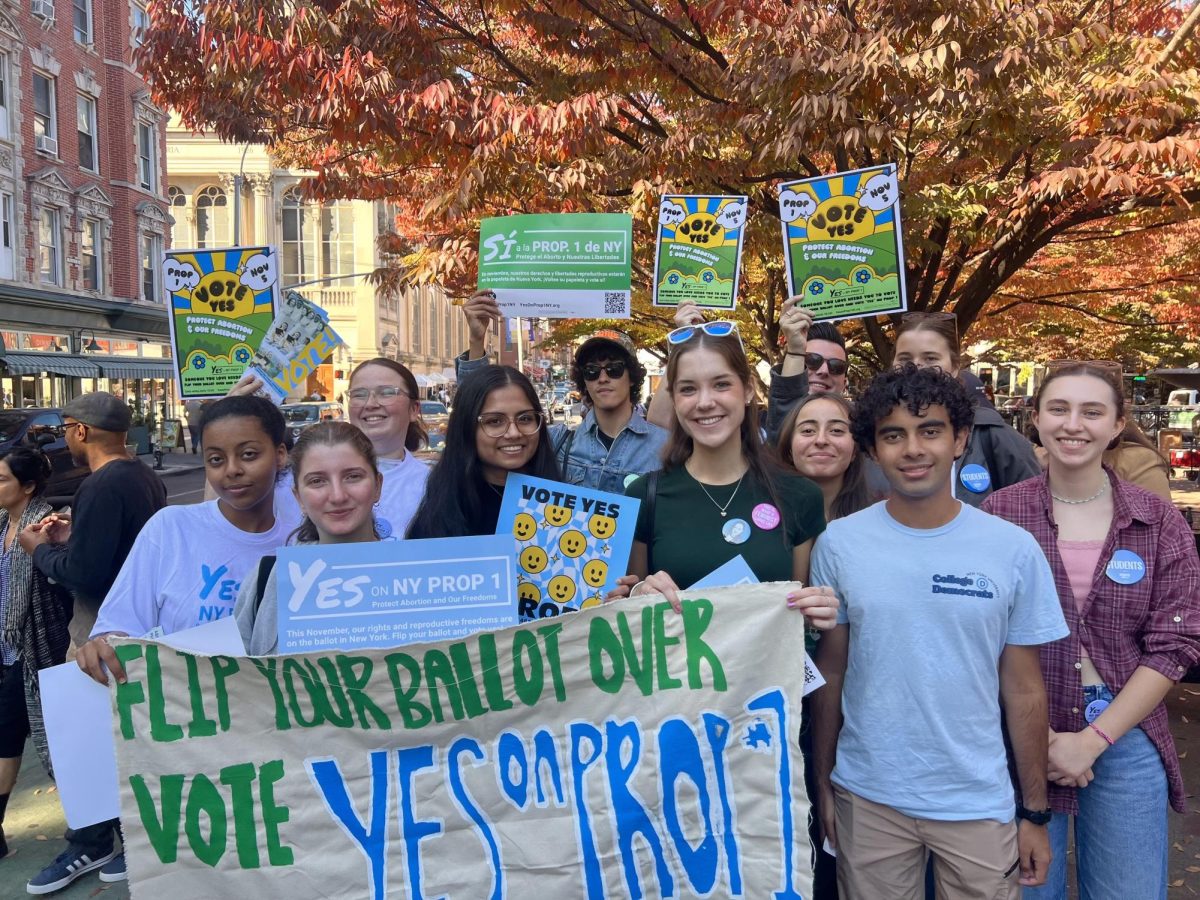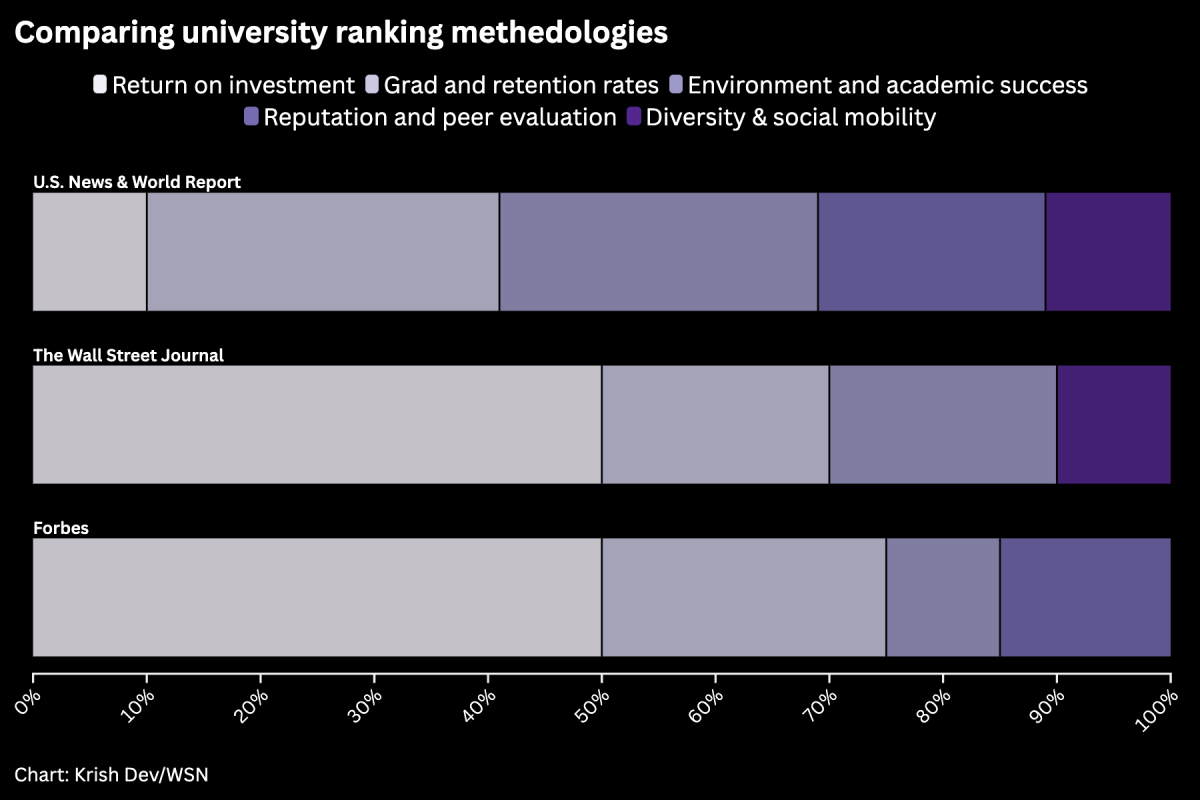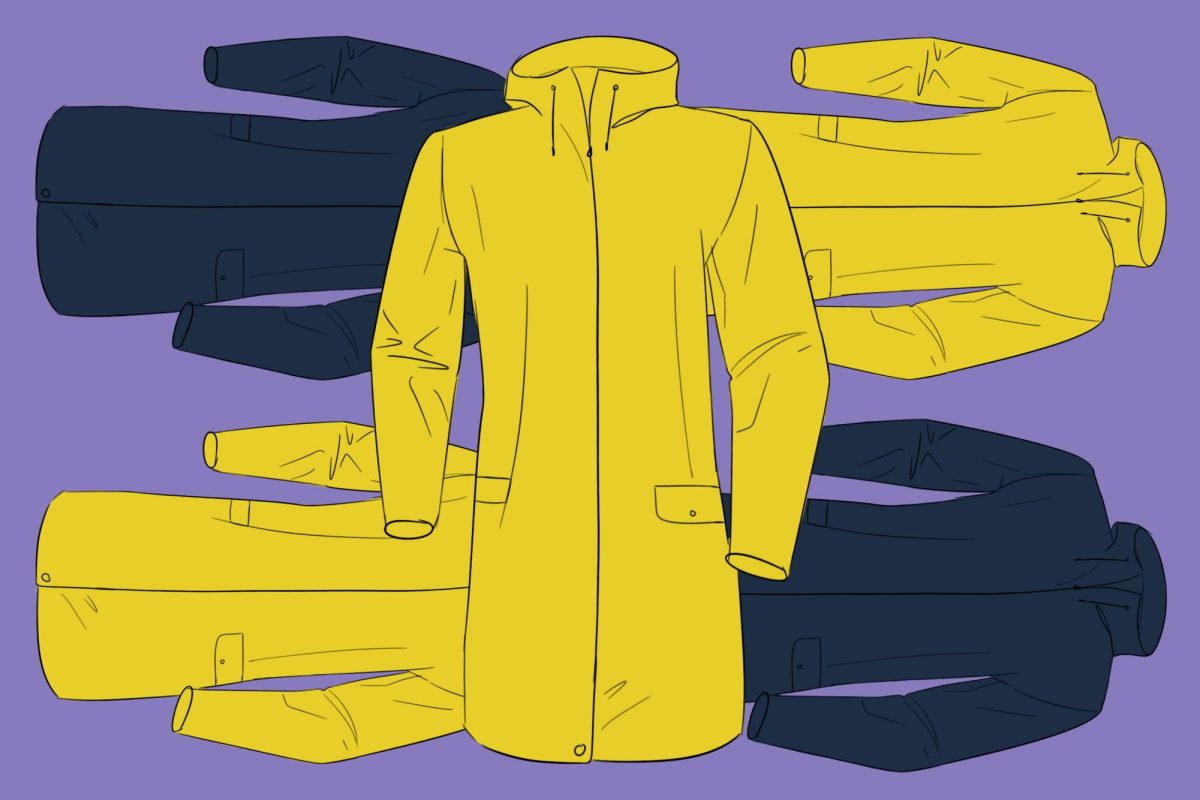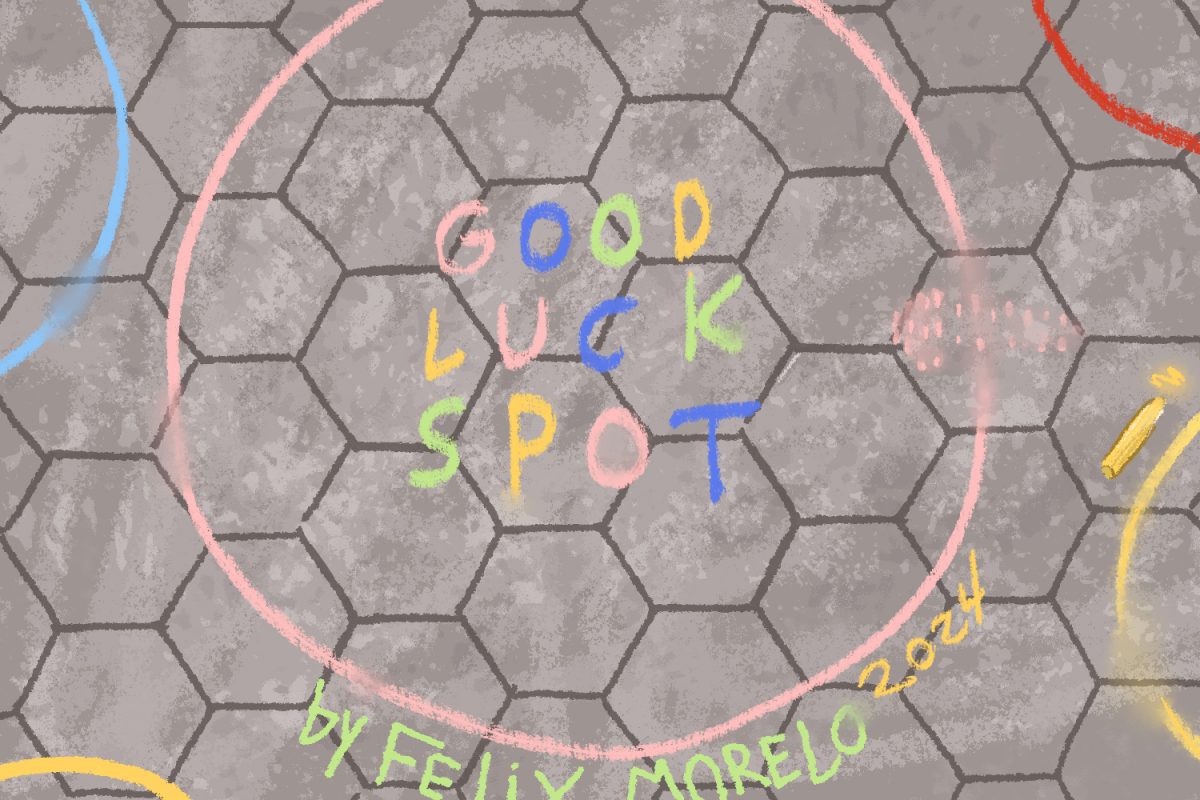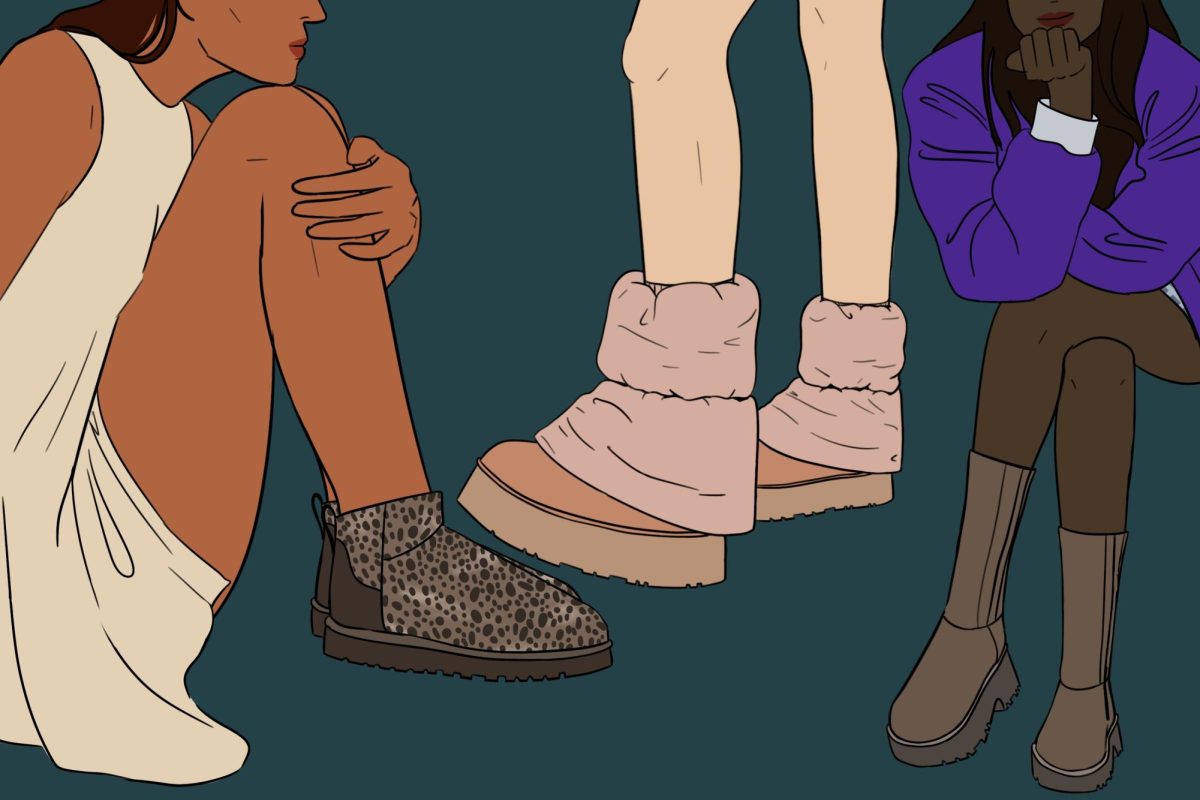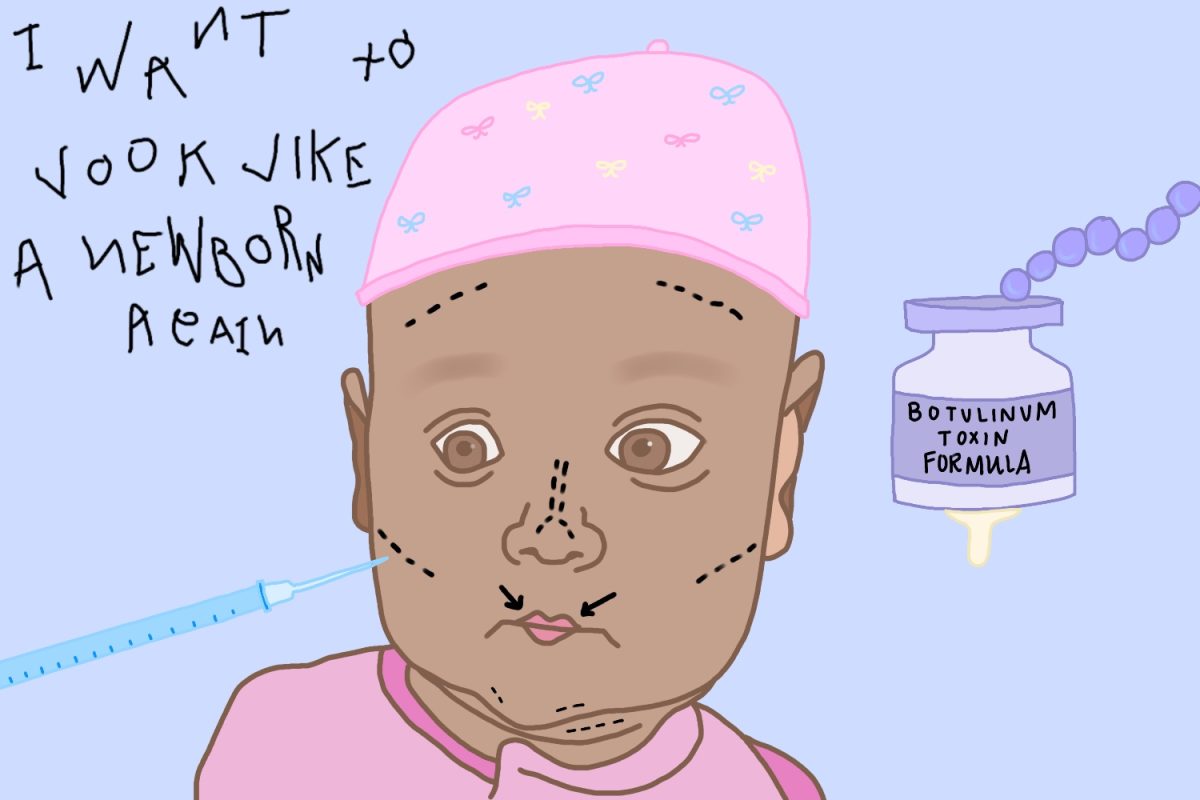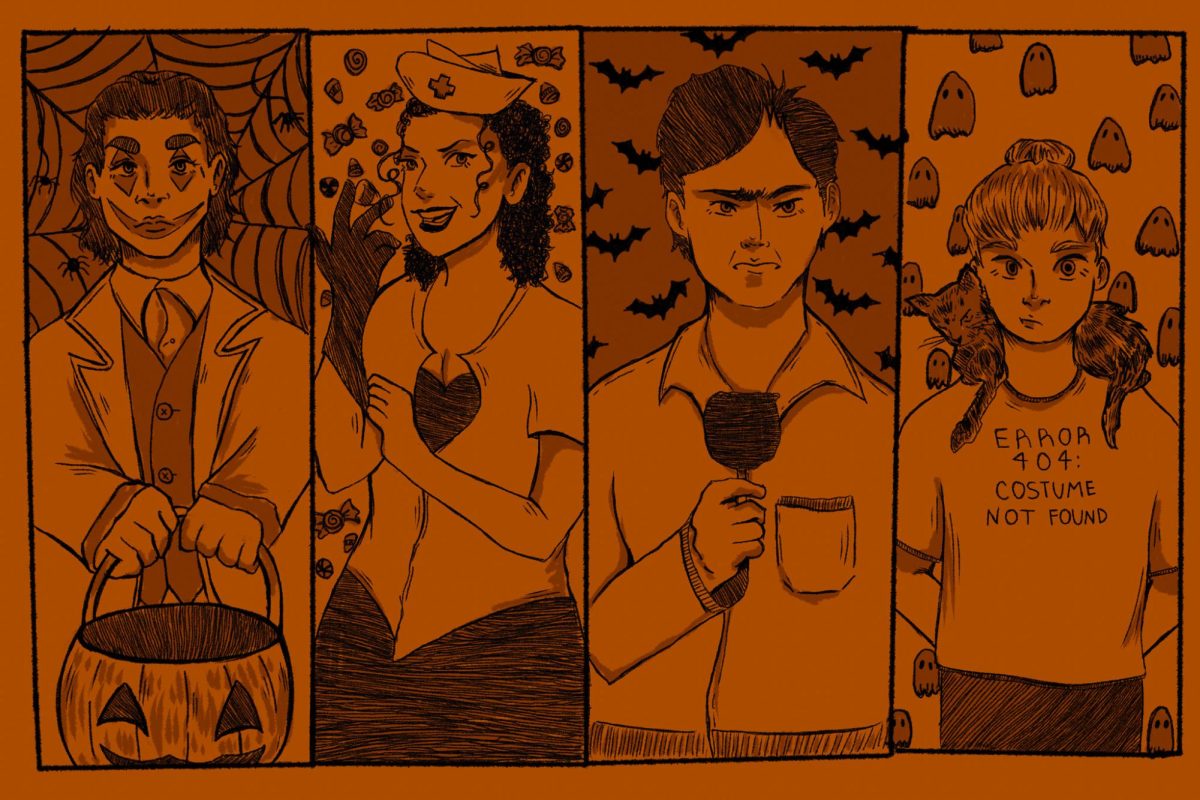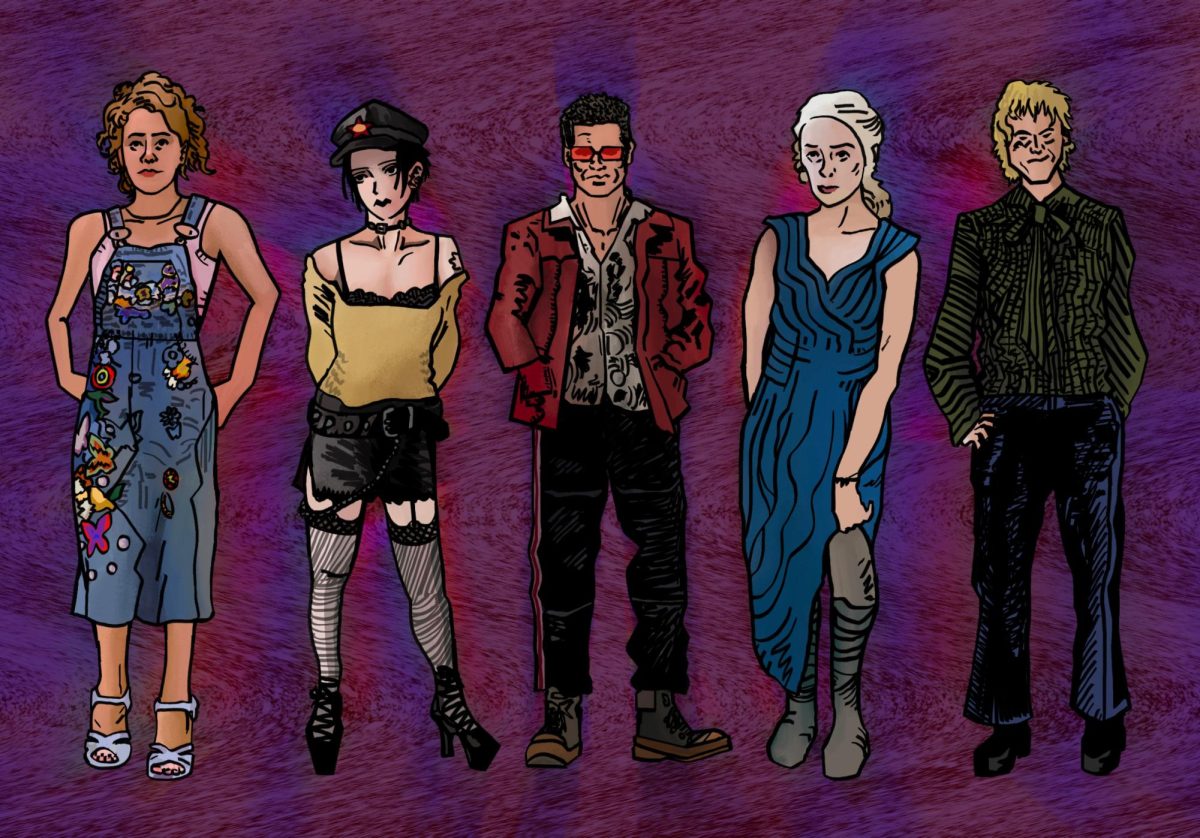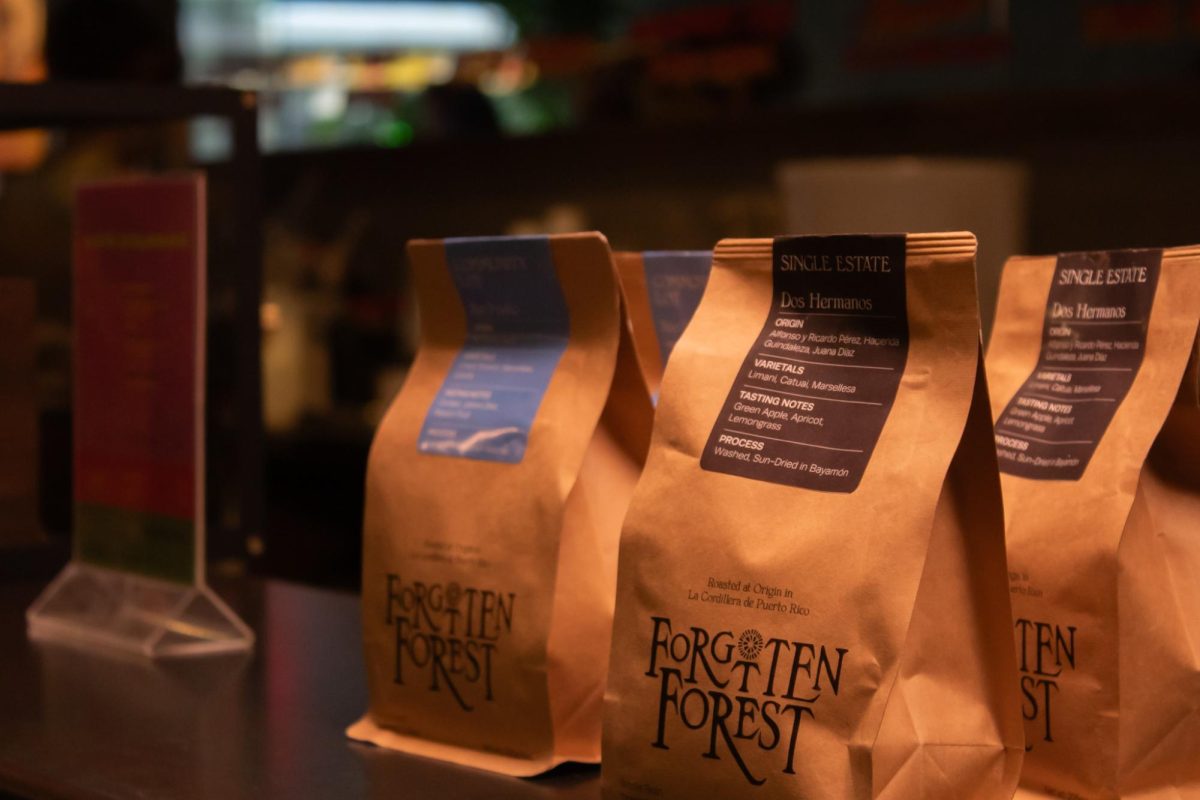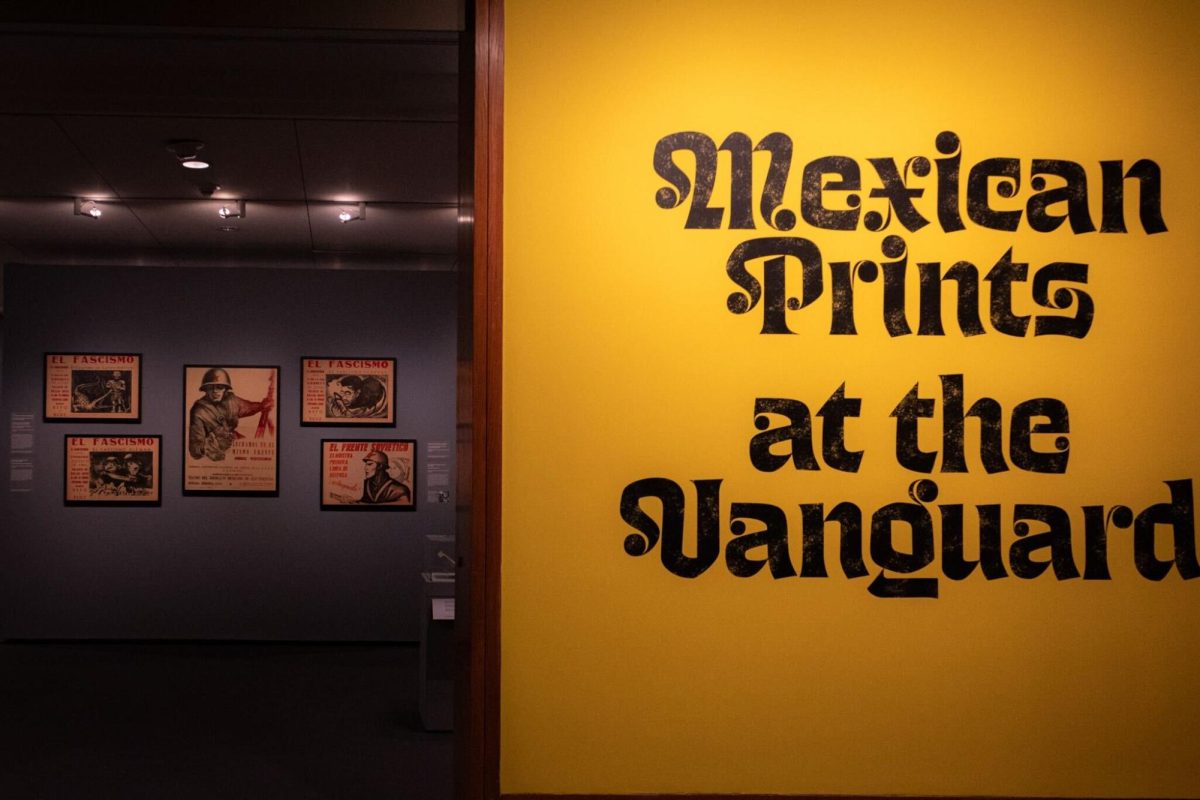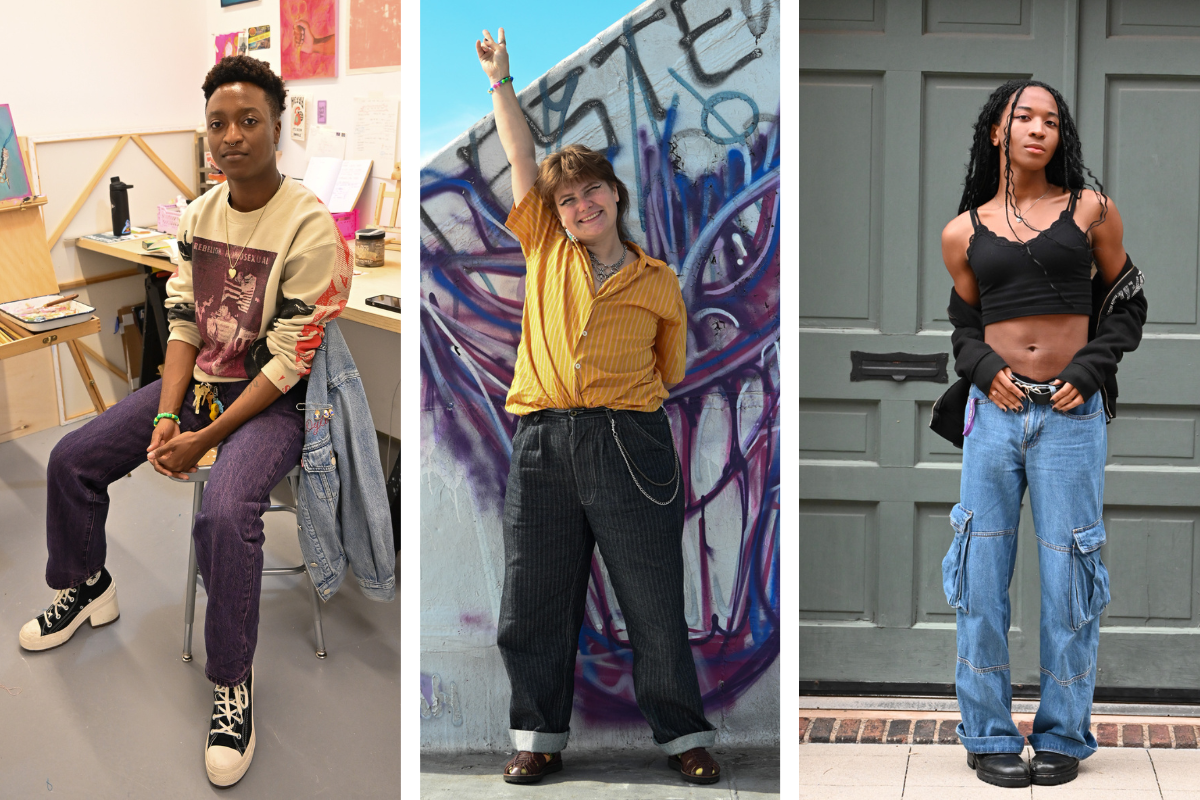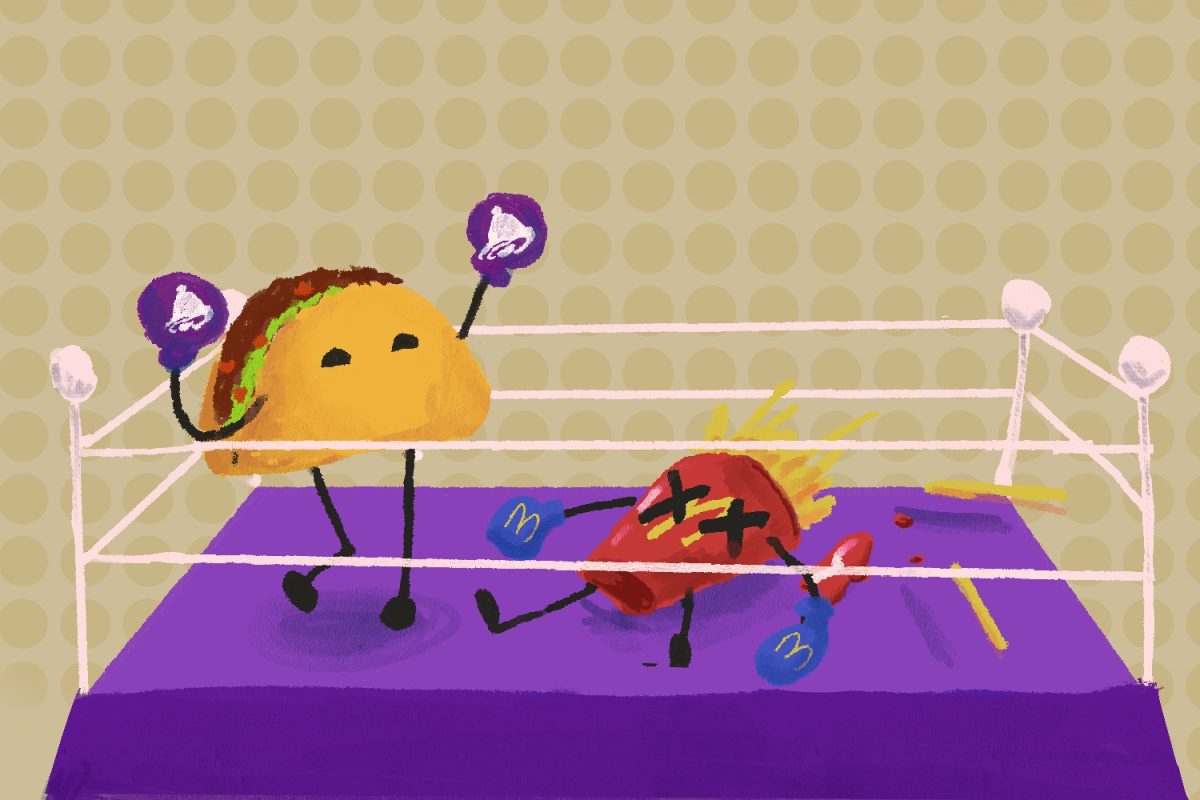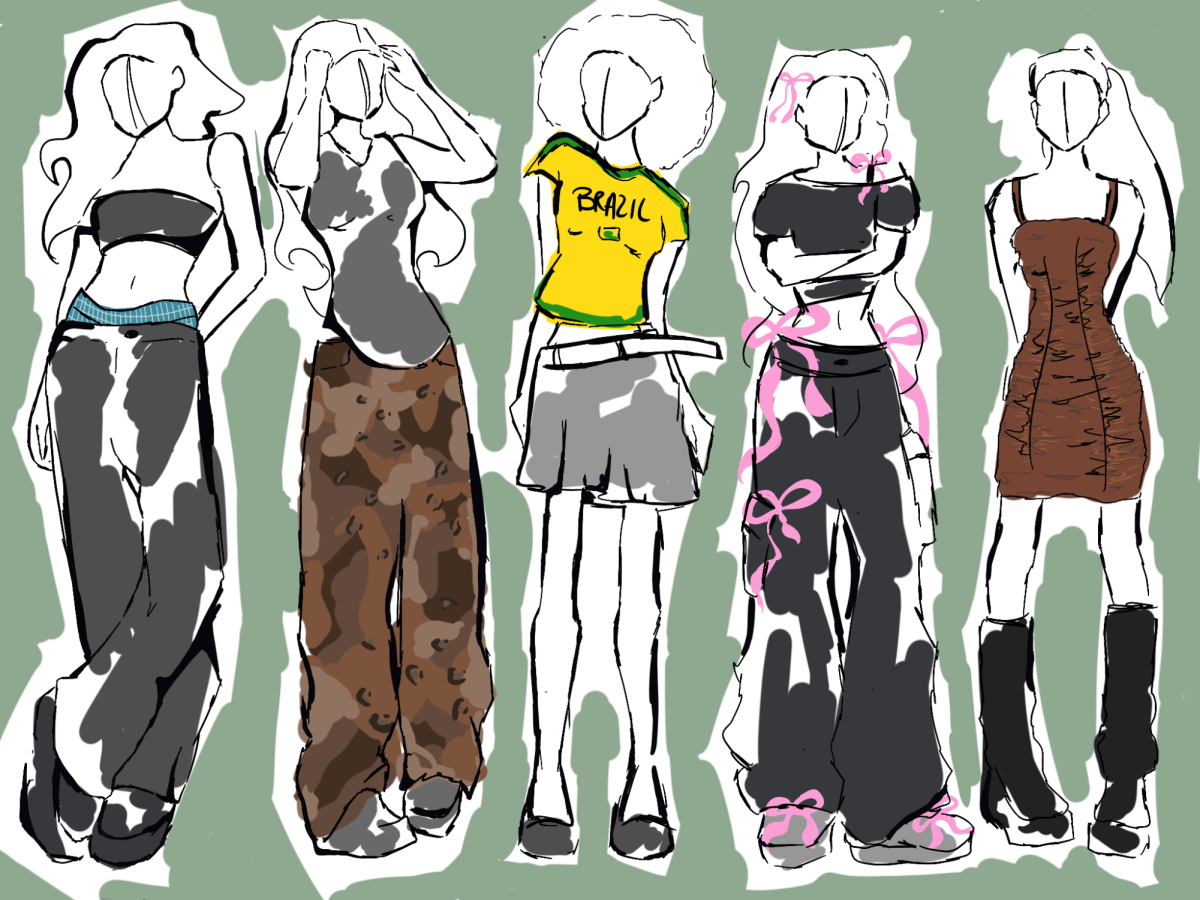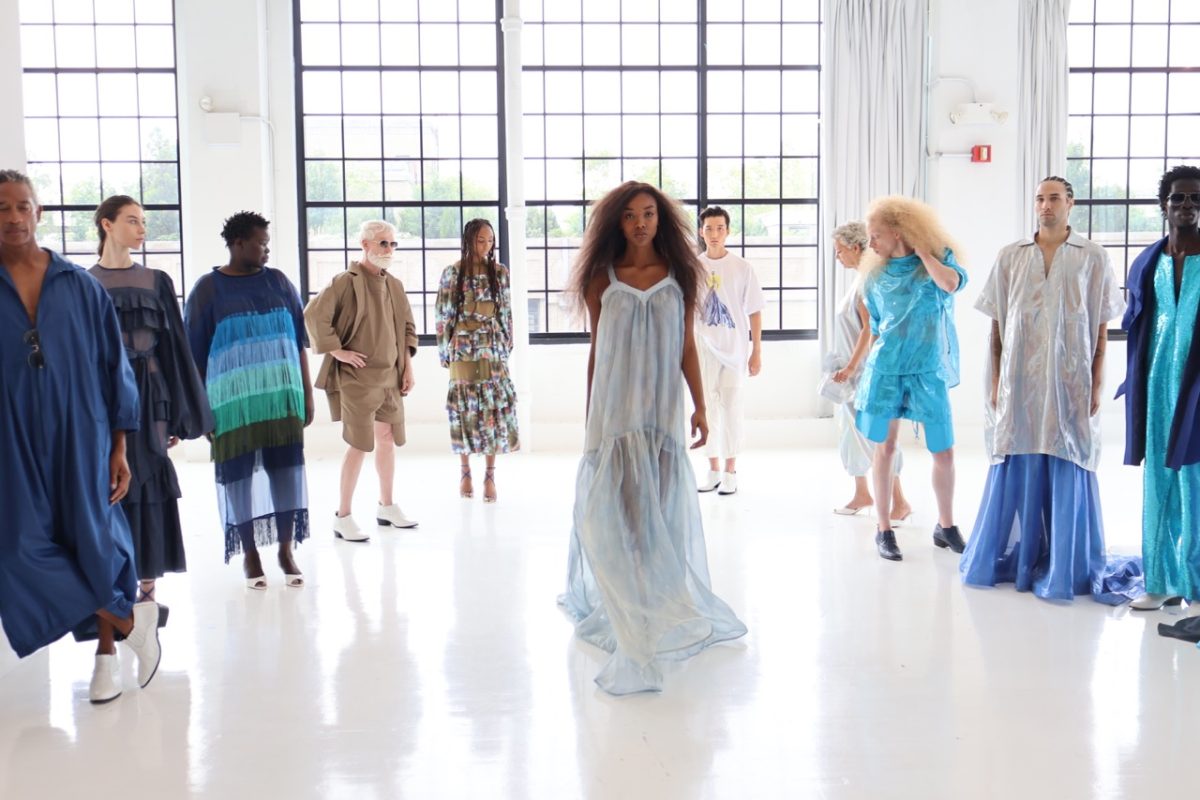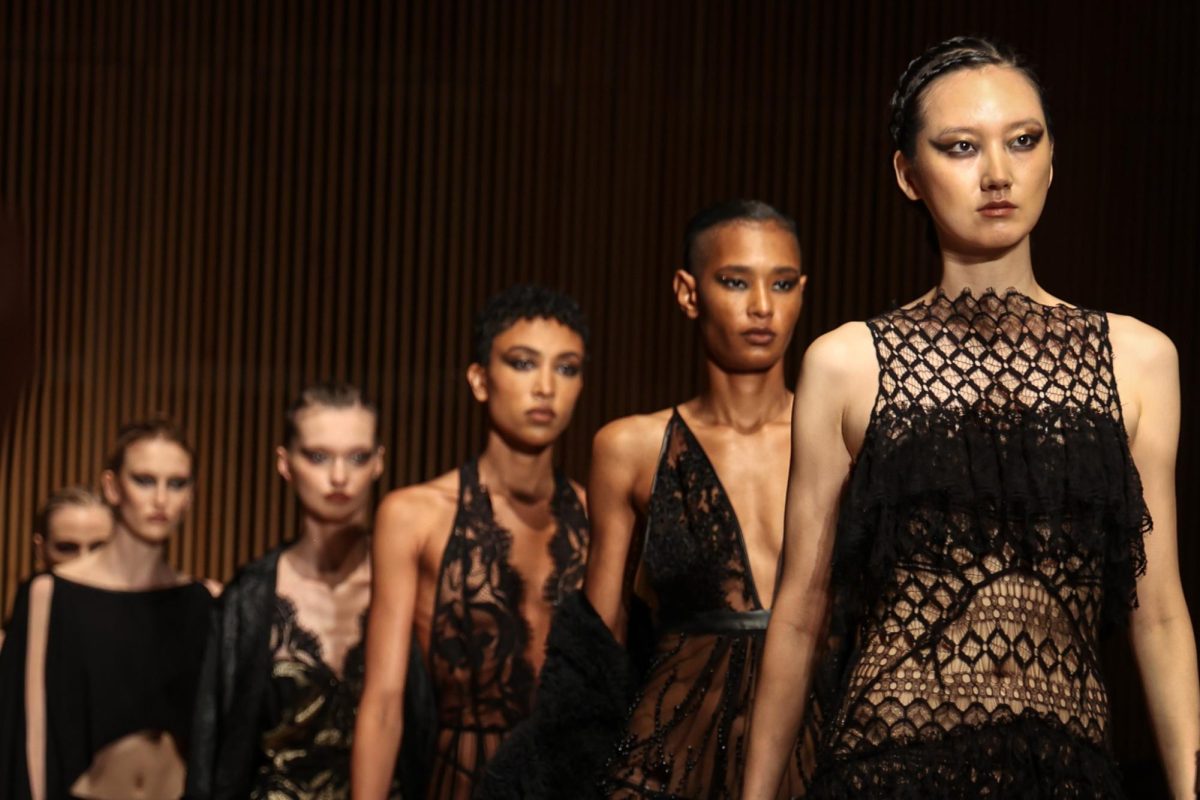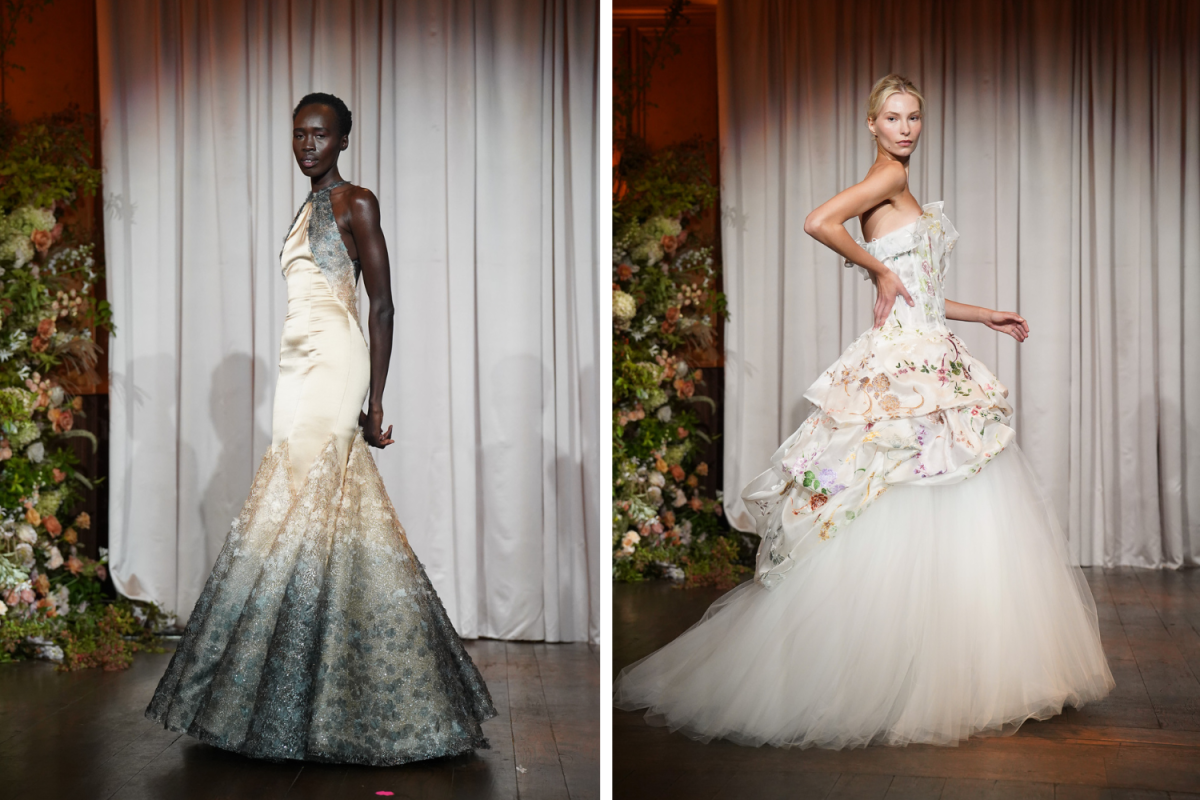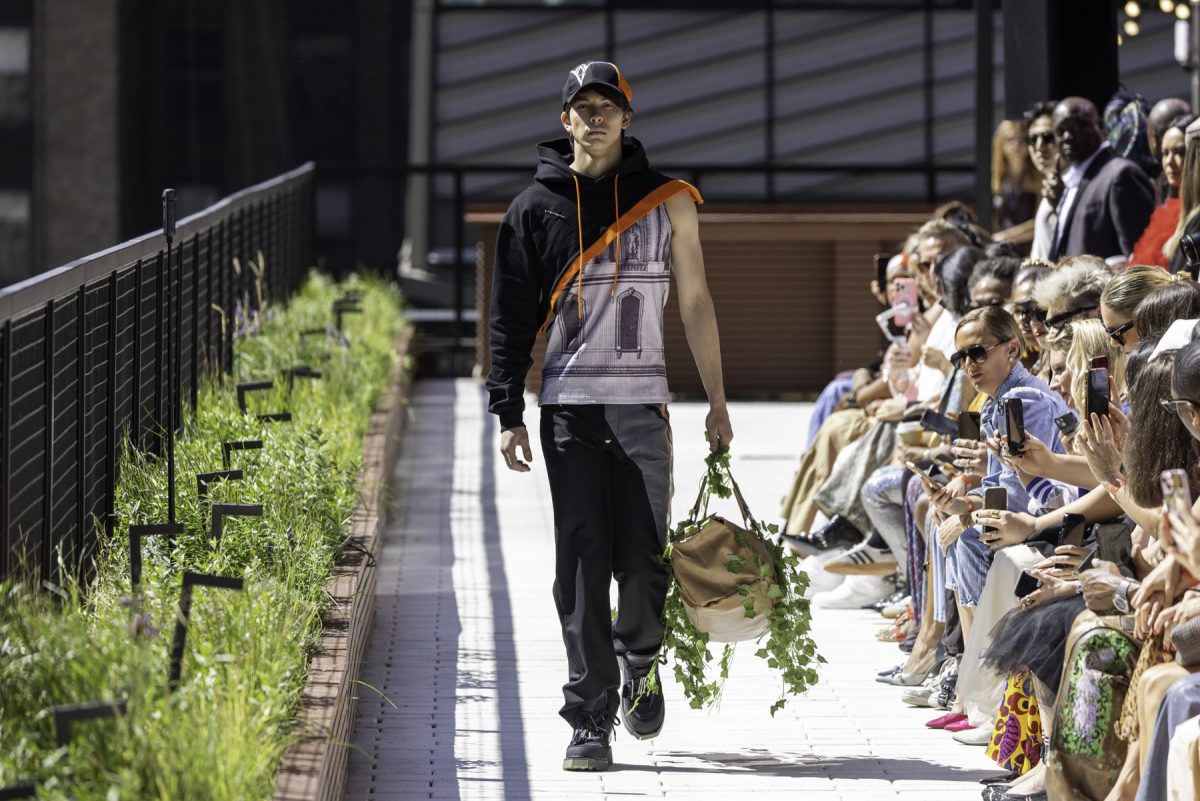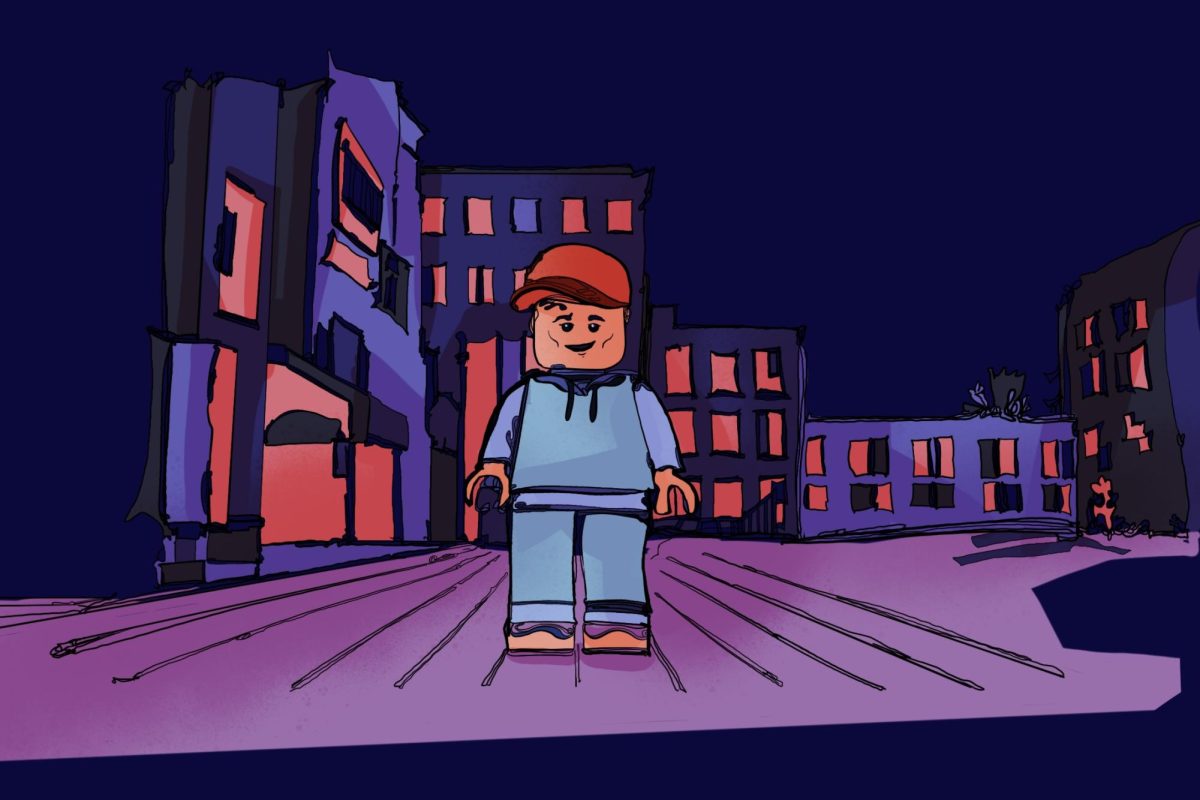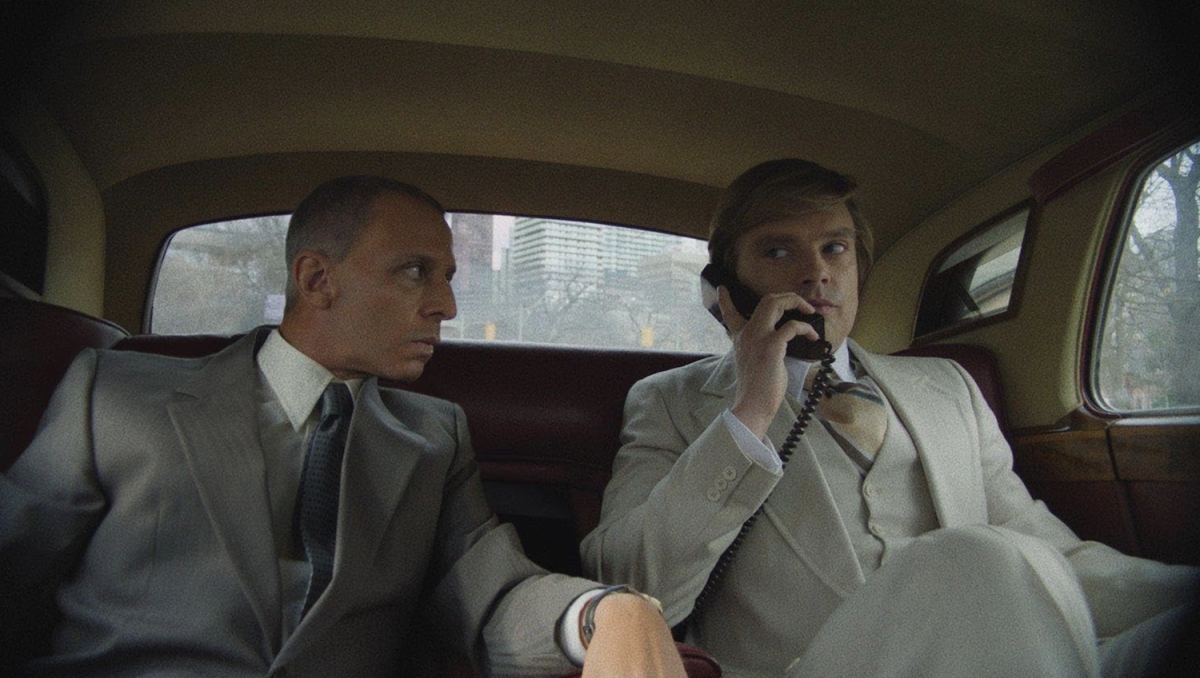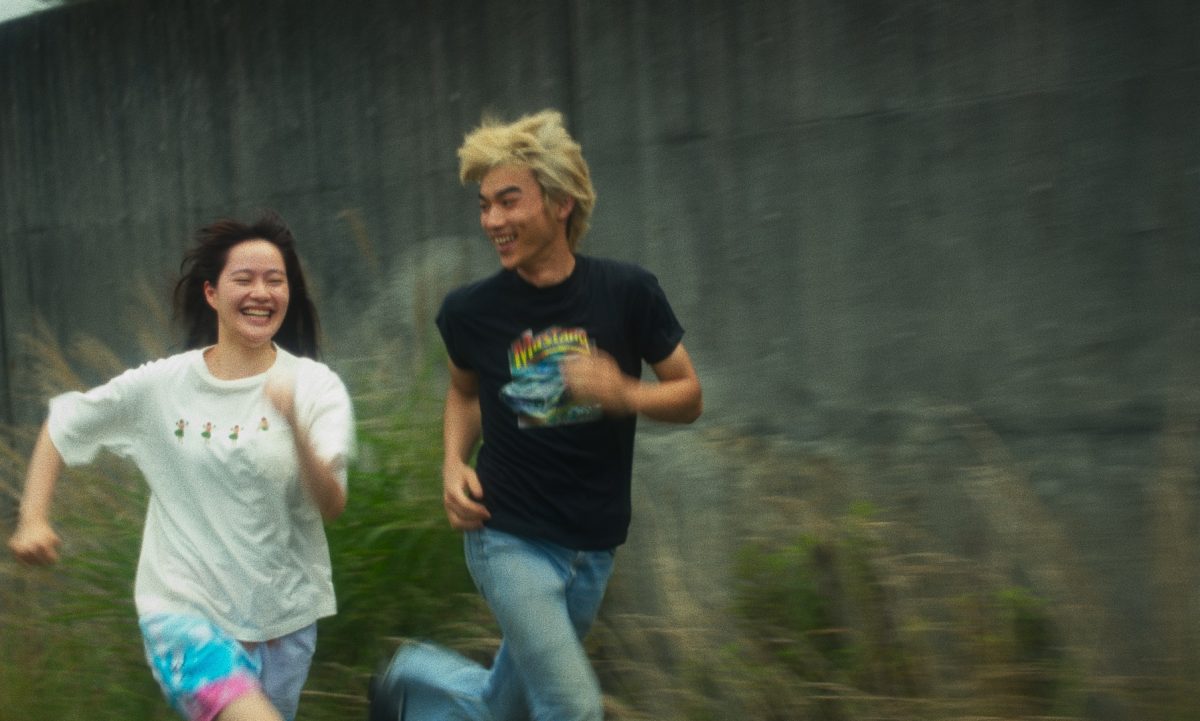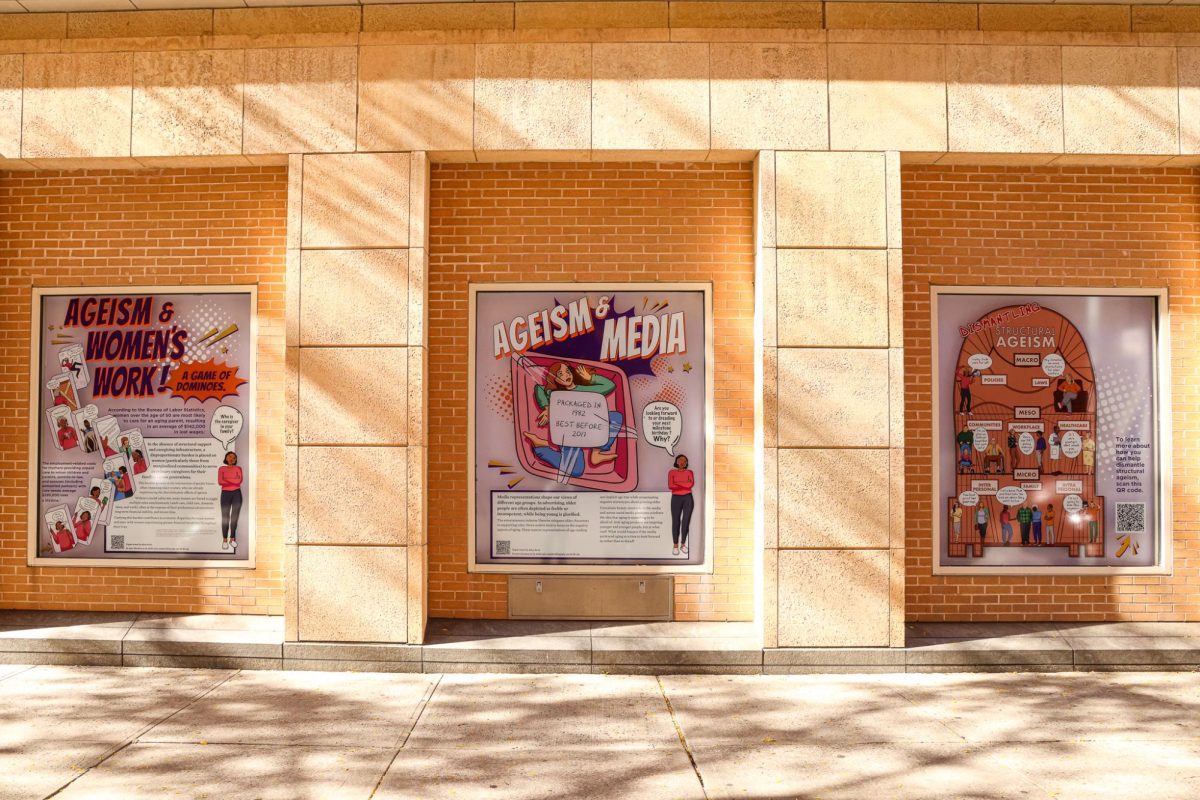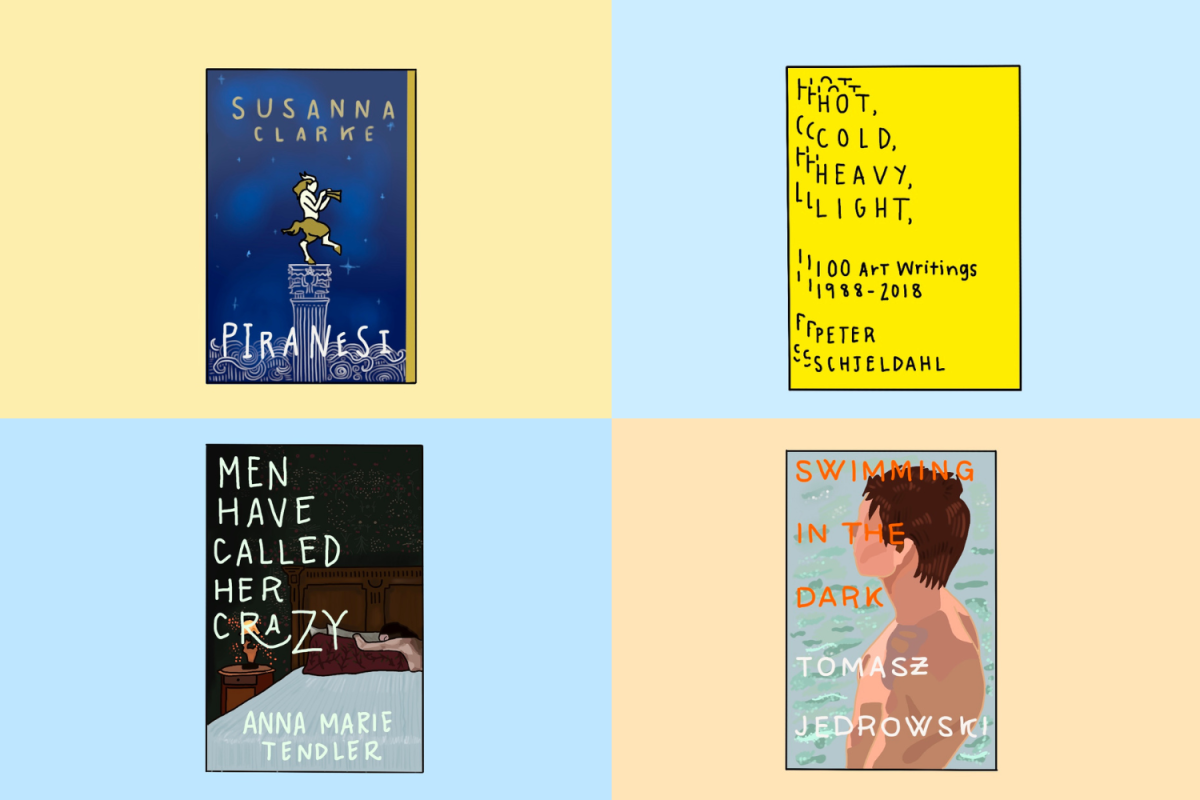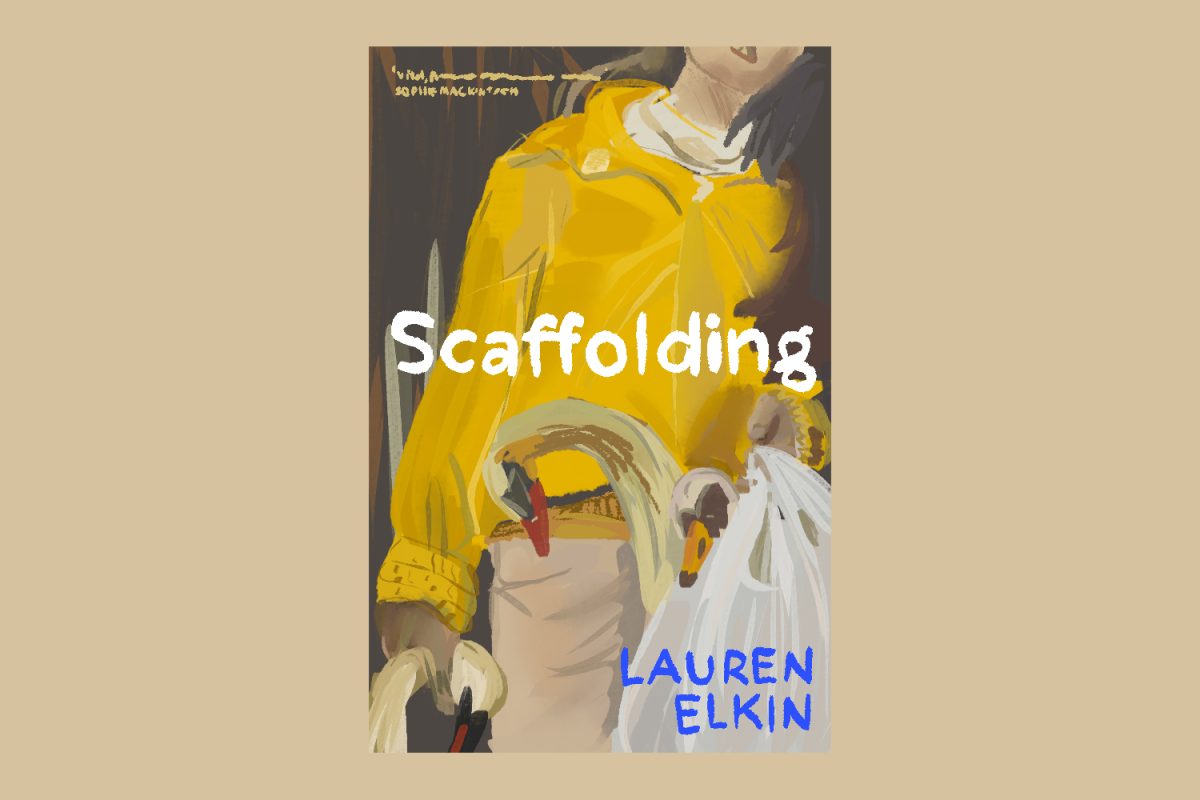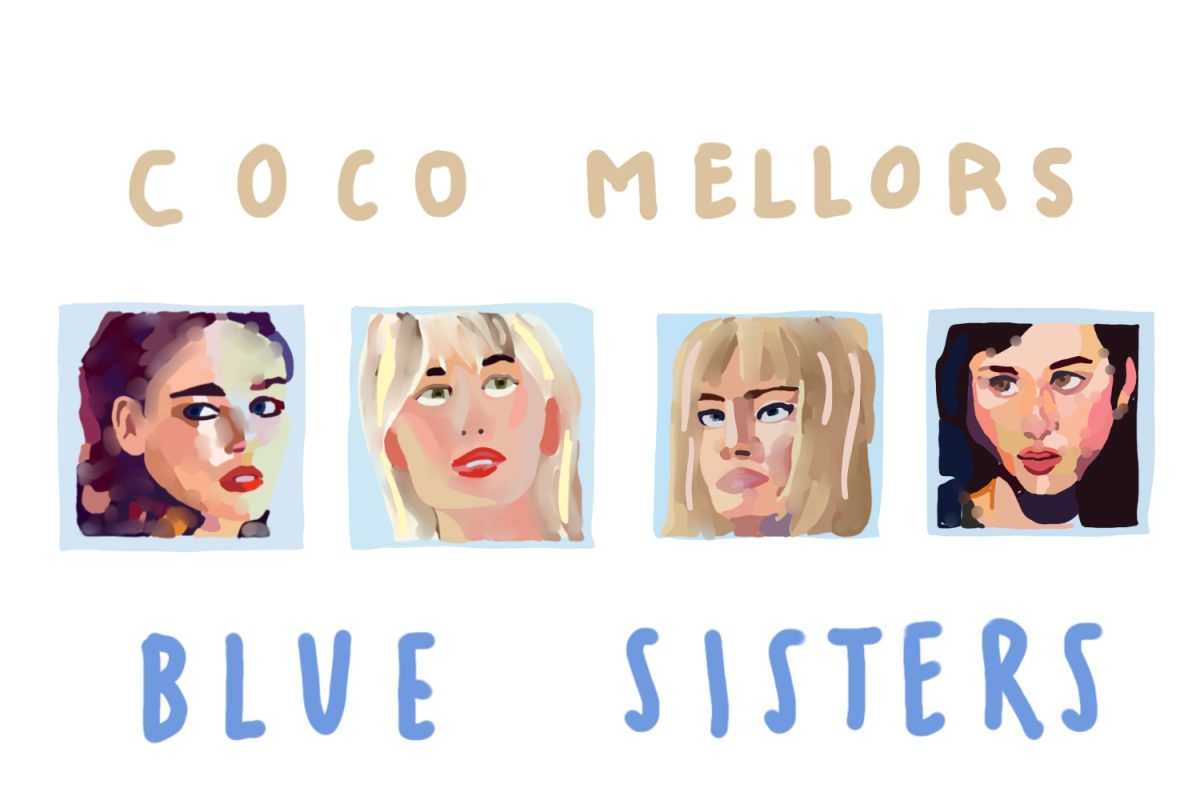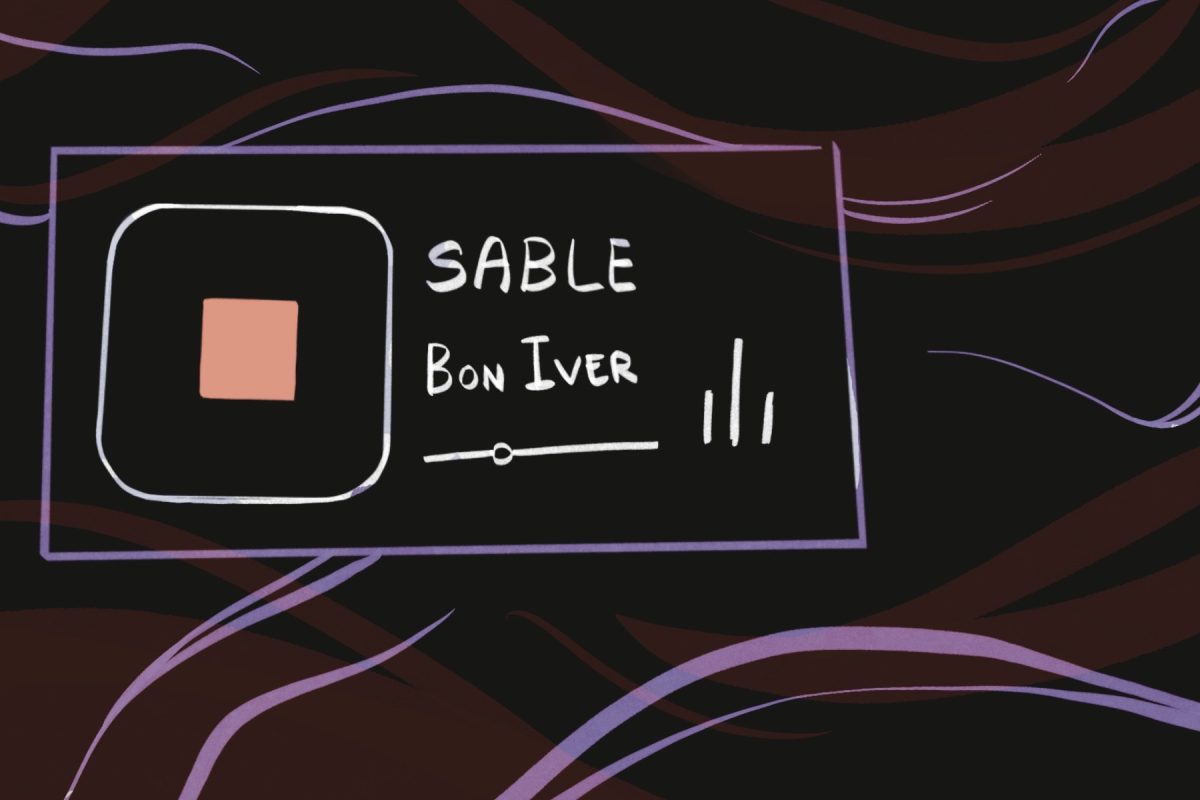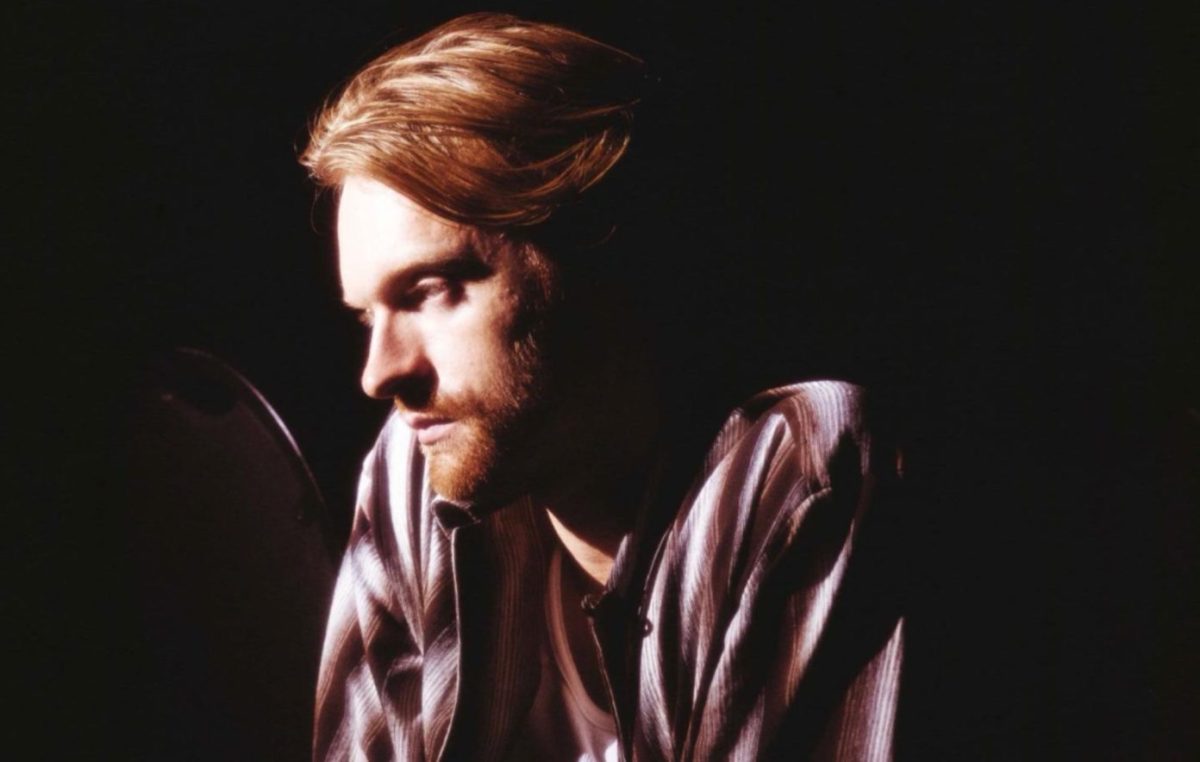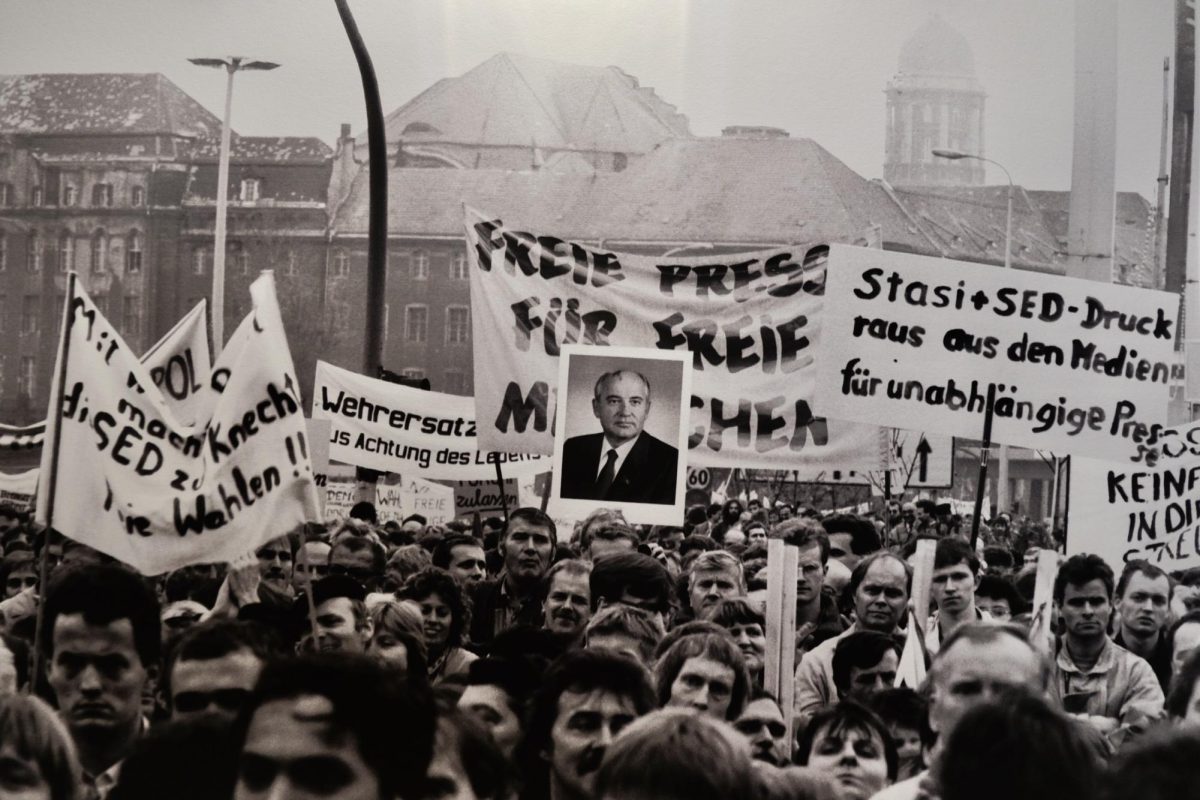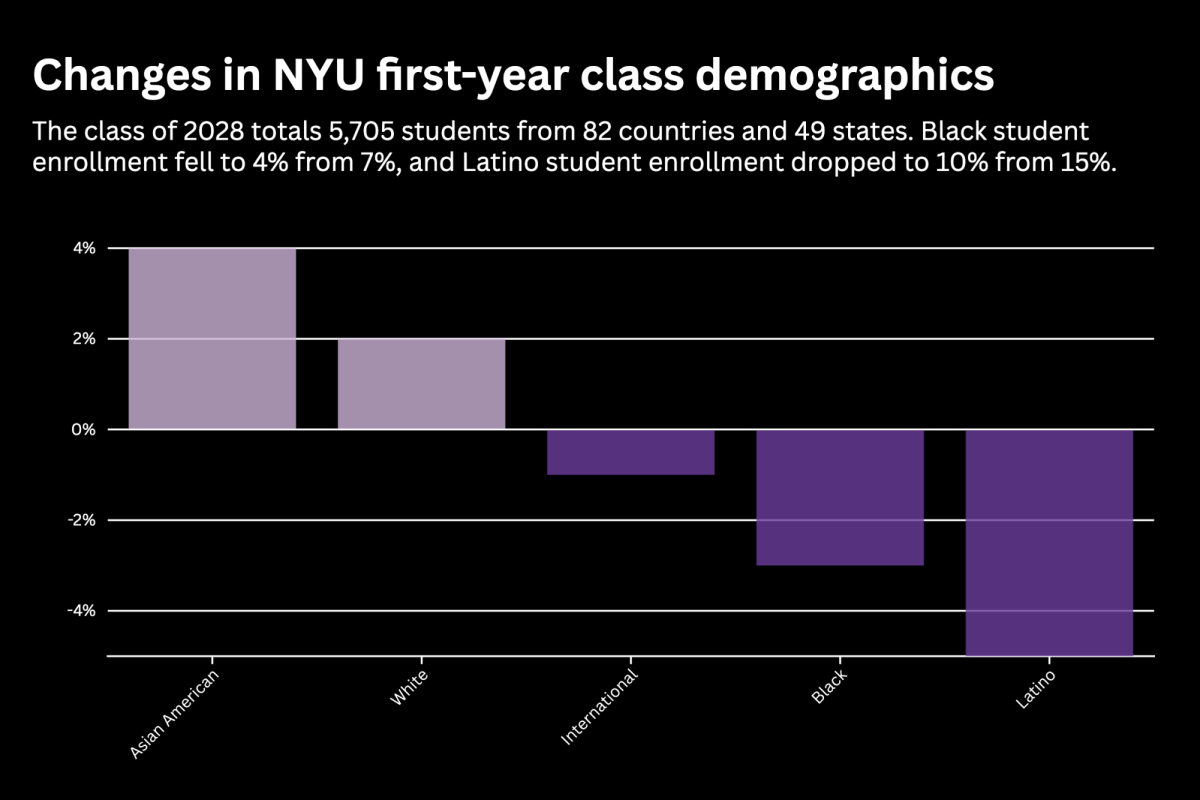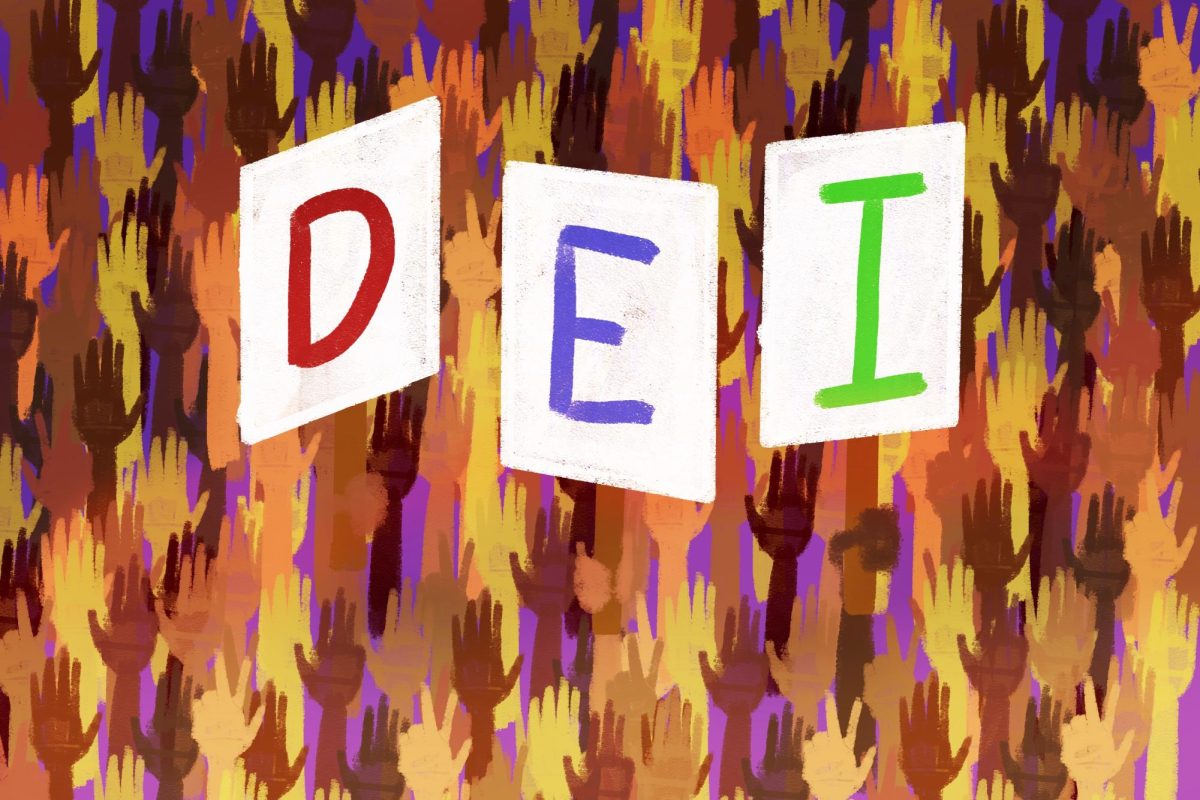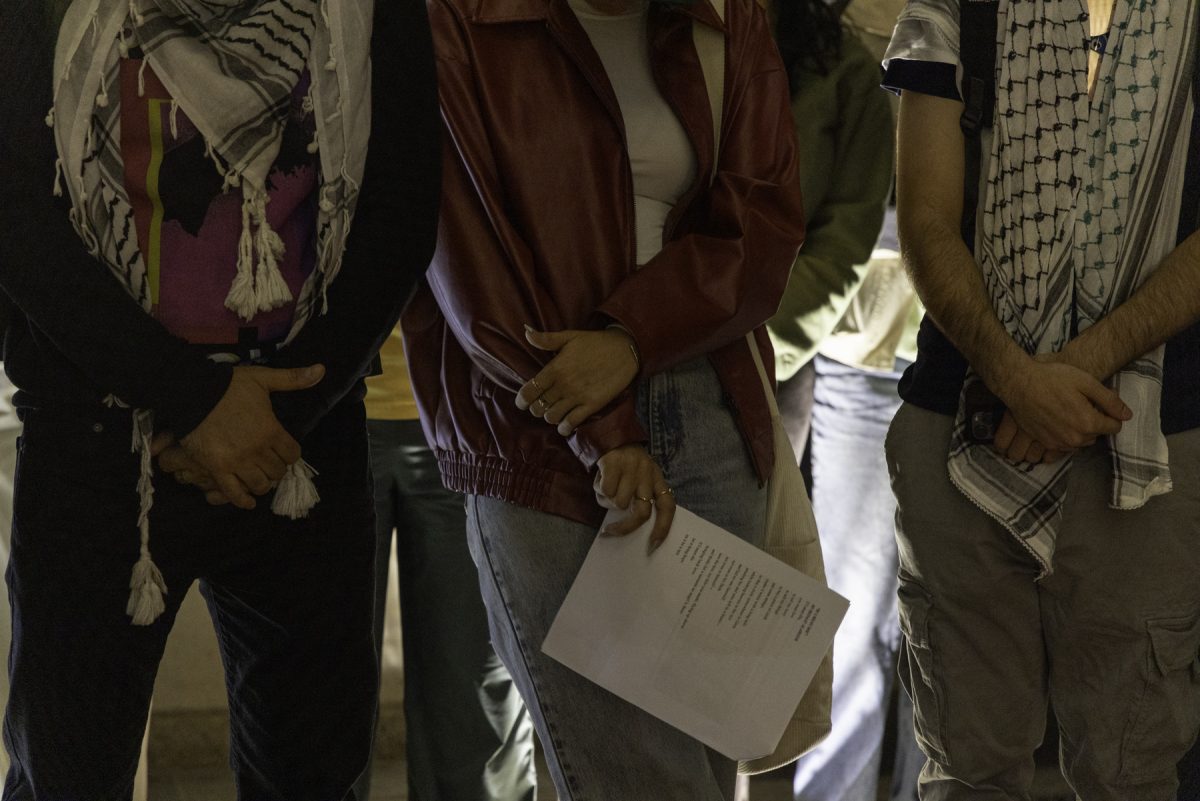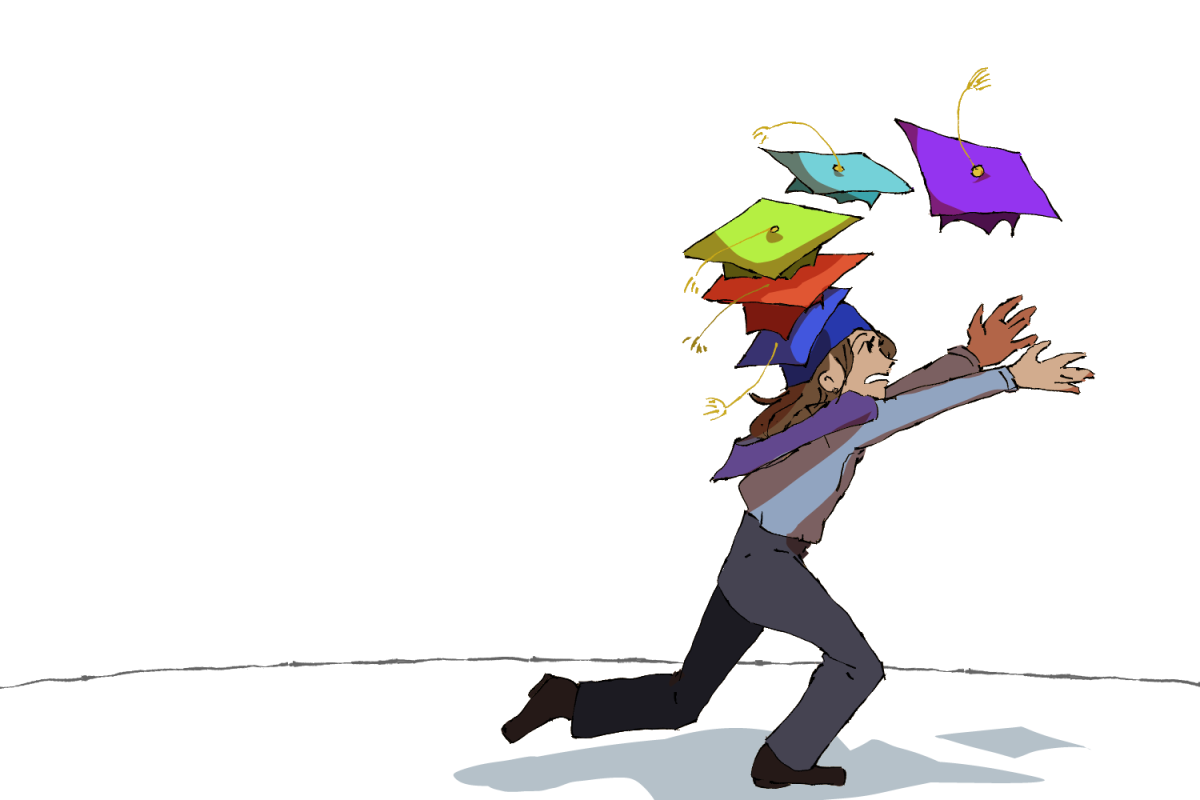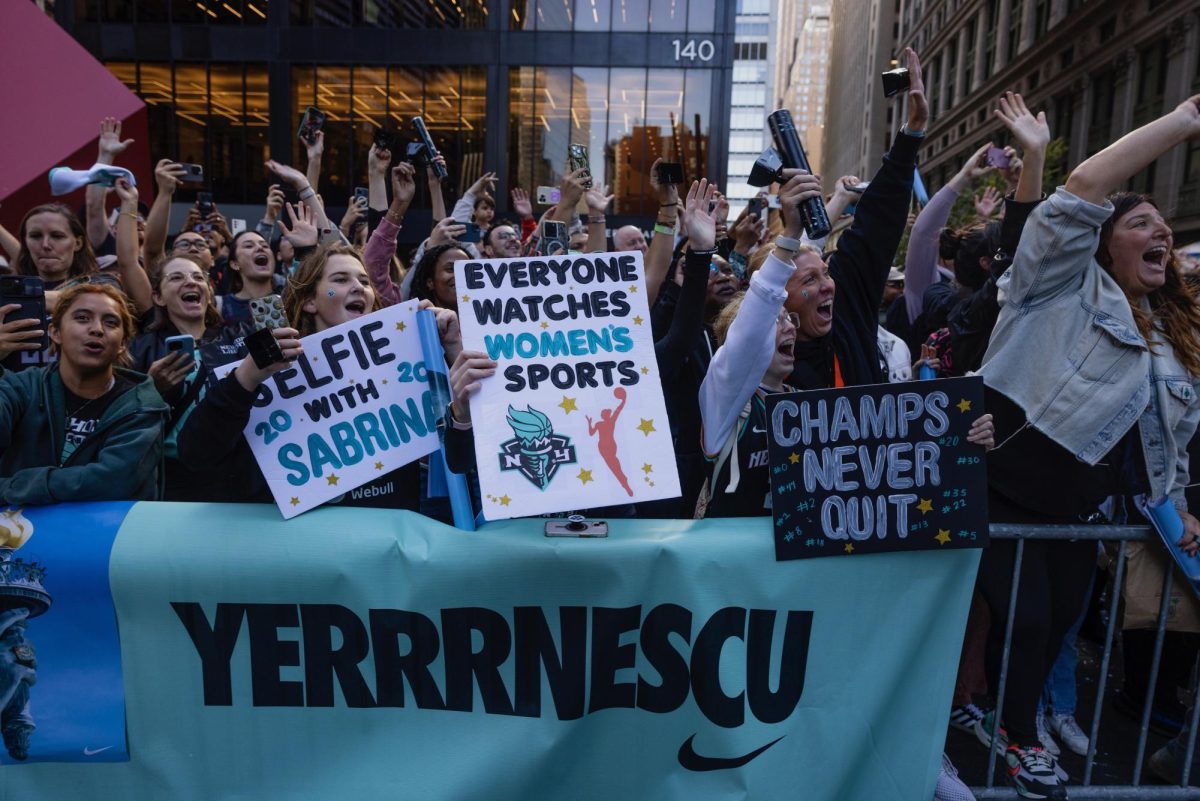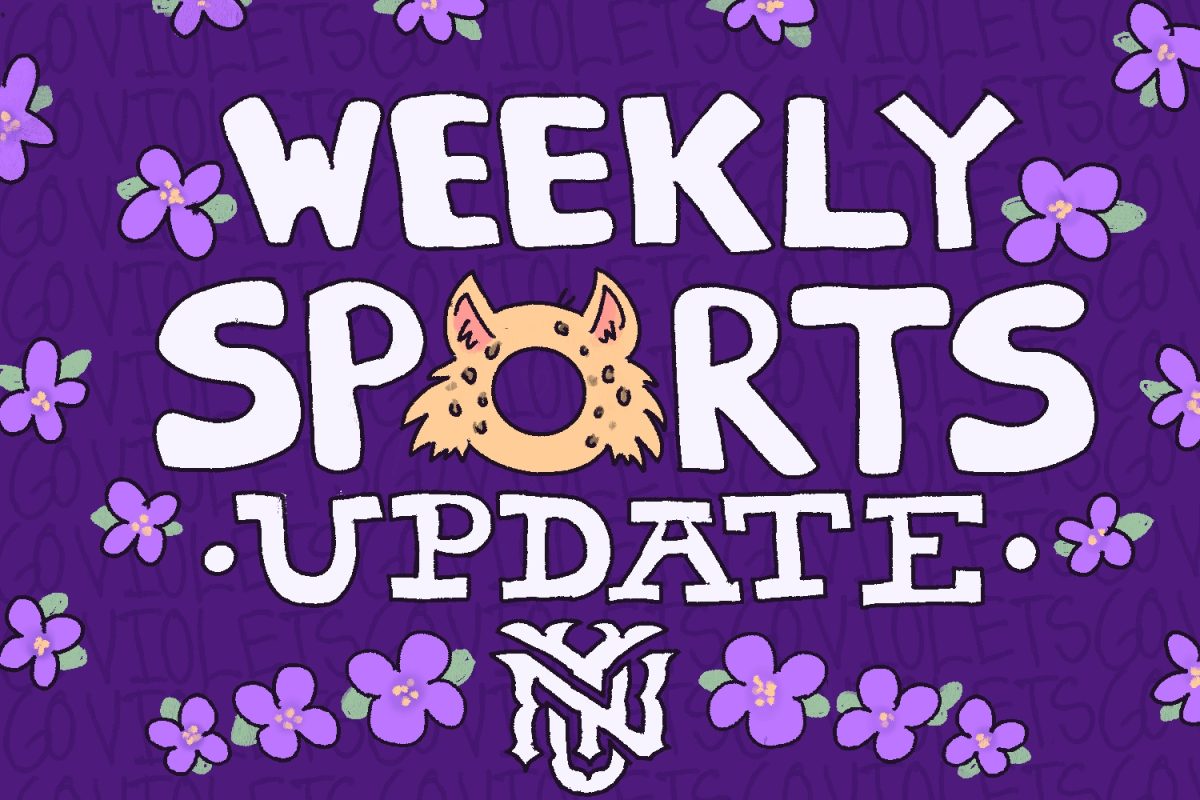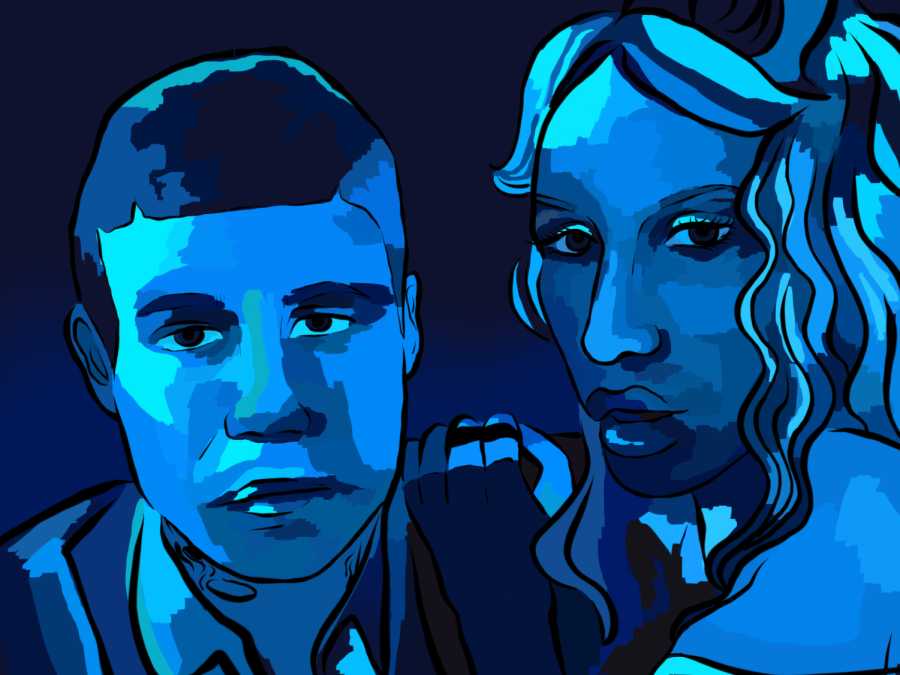Review: ‘Stardust’ sees Yung Lean strip rap back to its most guttural
The Swedish rapper’s latest mixtape packs a star-studded slew of features who take turns stabbing away at the triteness of rap’s current formulaity.
Yung Lean released his latest mixtape on April 8. The first track,“Bliss,” features FKA twigs. (Staff Illustration by Susan Behrends Valenzuela)
April 13, 2022
Yung Lean’s newest mixtape, “Stardust,” revives cloud rap by embracing its haziest features: its mumbled murkiness, vaporwave production and shape-shifting sonic grammar. Like a vape’s discarded smoke, “Stardust” soars in its strange configuration before fizzling out into nothingness, leaving listeners with the lingering desire to partake in the bygone enchantment again and again.
Kicking off with “Bliss,” a track that pairs the young Swedish rapper with FKA twigs, Lean’s newest album embraces a funky flow from the get-go. The music video that accompanies the mixtape’s opening track, one that sees the aforementioned artists immersed in a Lynchian joyride across suburbia, is as eye-catching as the song is engrossing to the ear. With FKA twigs and Yung Lean re-modulating the song’s catchy chorus of “Bliss on bliss on bliss on” — ping-ponging it through their contrasted voices; twigs’ diaphanous, Lean’s gravely — “Bliss” takes on an air of unpredictability that keeps the song lively and foreshadows a mixtape full of exciting rearticulations of the rap genre.
“Trip,” the next track on the mixtape strikes back against the airy funk of “Bliss.” Featuring producers Woesum and Art Dealer, who slap the song with a strong bass, “Trip” sees Yung Lean indulging in the braggadocious lyricism often associated with popular rap songs. As he raps about a girl that smells “like peppermint” and boasts about his swagger (“Let me change your life / Southside, motorcycles in the summer, leather jacket life”) Lean creates a sonic portal meant to allow listeners to entertain their own ideas about reveling in hedonism.
This epicurean zeal rings through in tracks like “Gold” and “SummerTime Blood,” where Yung Lean raps about being an icon and his “all-gold wardrobe.” Lean’s assumption of the persona of an egocentric rapper is so histrionic it evades otherwise-warranted criticism by transforming his entire musical act into an exercise in elaborate theatrics.
For all his incomprehensible bars and unintelligent brags, there’s a brain behind Yung Lean. He understands the identity of the contemporary rapper so well that he is able to cloak himself in their ridiculous traits while simultaneously subverting them, something he accomplishes through such simple feats as melancholically rapping over upbeat productions. This is the case with “Lips,” in which he raps about lovelorness over a slowed drum n’ bass beat. This move recalls the brilliance of Morrissey’s penning melodramatic poetry to croon atop jaunty rock strumming as part of The Smiths (that is, before he outed himself as a right-wing nationalist). But Yung Lean best exemplifies his finesse when it comes to reinventing rap through transgressive attempts at restarting the genre, such as bringing in off-kilter features such as Skrillex to assist him in laying the foundational bricks for what’s to come in the world of rap.
Skrillex died to the world when we collectively moved past the non-culture that defined the early 2010s. But, armed with too much courage, Yung Lean’s decision to feature the dubstep pioneer — and force him to step out of the same noisy wheelhouse he’s inhabited since 2010’s “Scary Monsters and Nice Sprites” — demonstrates how once-pronounced dated artists can still use the expertise that made them famous to re-interpret today’s sonic language.
In looking to the past, Yung Lean is laying the foundation for the future. Perhaps this makes sense given Yung Lean’s geographical distance from the United States, the cultural capital that defined the rhythms of the rap movement he would soon immerse himself in after leaving his short-lived, albeit first-rate, punk band.
At the turn of the ’10s, SoundCloud sent a million musical notes out into the world, dislodging and revamping strict musical formats. The pudgy Swede known as Yung Lean spit back refractions of rap in gargles of garbled grammar upon being enveloped in the cloud rap scene that would quickly burst before his rise to fame and the world’s shift to mumble rap. Yung Lean’s music is more often funny than profound, his accent often making his verses come off as nonsensical. But in seemingly dragging the English language to its most Neanderthal, its most primeval, he seems to be reframing rap as the guttural expression of a soul searching for words.
Contact Nicolas Pedrero-Setzer at [email protected].



